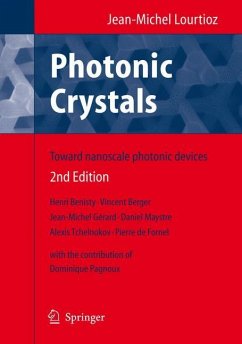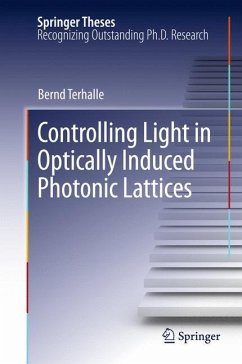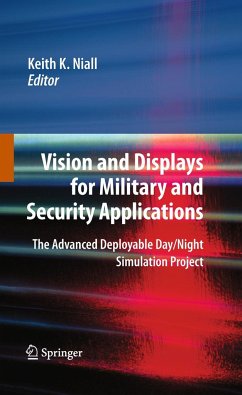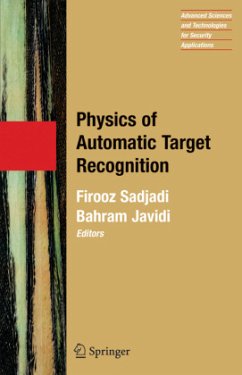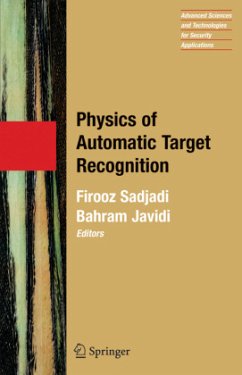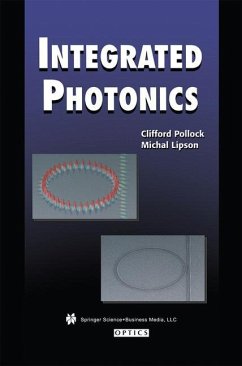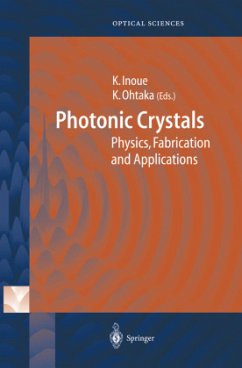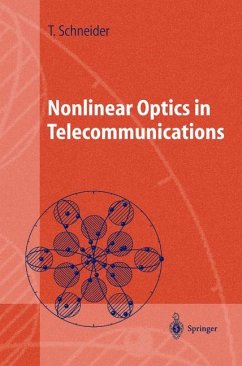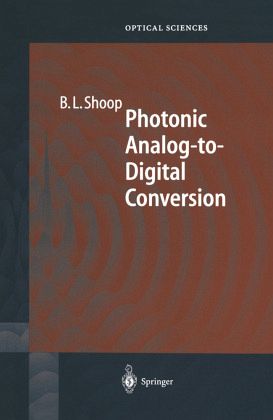
Photonic Analog-to-Digital Conversion

PAYBACK Punkte
57 °P sammeln!
Photonic-based A/D conversion has received and continues to receive considerable attention as an alternative approach to providing enhanced resolution and speed in high-performance applications. Some of the potential advantages of using photonic technologies are high-speed clocking, broadband sampling, reduced mutual interference of signals, and compatibility with existing photonic-based systems. This book provides a comprehensive look at the application of photonic approaches to the problem of analog-to-digital conversion. It shows progress made, discusses present research, and gives a glimps...
Photonic-based A/D conversion has received and continues to receive considerable attention as an alternative approach to providing enhanced resolution and speed in high-performance applications. Some of the potential advantages of using photonic technologies are high-speed clocking, broadband sampling, reduced mutual interference of signals, and compatibility with existing photonic-based systems. This book provides a comprehensive look at the application of photonic approaches to the problem of analog-to-digital conversion. It shows progress made, discusses present research, and gives a glimpse of potential future technologies.





